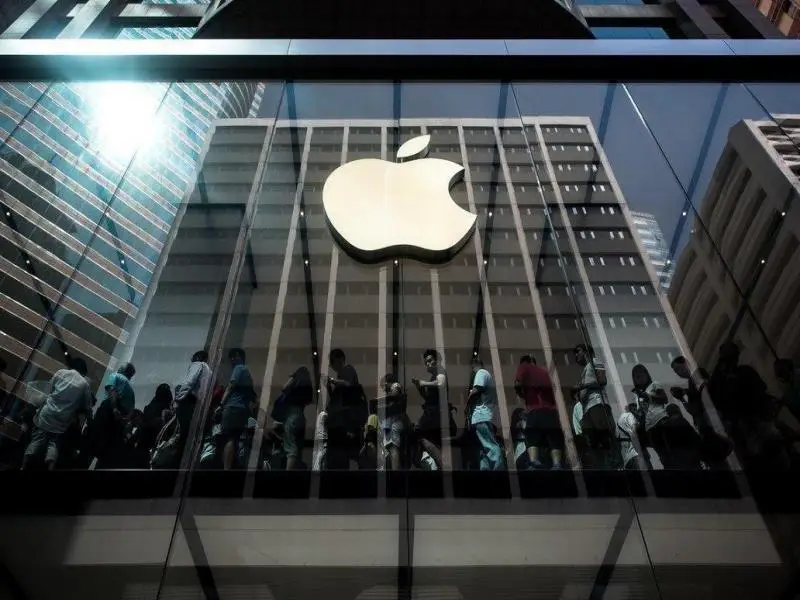- Apple Inc. has requested a US judge to dismiss an antitrust lawsuit that has been filed against it.
- If the judge dismisses the lawsuit, it would be a win for Apple. But if the case goes to trial and Apple is found guilty of antitrust violations, it could face penalties and have to alter its business practices.
OUR TAKE
The lawsuit alleges that Apple has engaged in monopolistic practices that violate antitrust laws and harm competition. The outcome of this legal battle could have far-reaching implications for the tech industry and the future of app development. As the case unfolds, both Apple and its critics will be closely watching to see how the court rules on the issue of antitrust law in the digital age.
–Rebecca Xu, BTW reporter
What happened
Apple requested a U.S. judge to dismiss a lawsuit by federal and state antitrust regulators alleging the company of illegally monopolising the smartphone market on Thursday. Apple argues that the case, if allowed to proceed, would effectively demand a judge to redesign its popular iPhone.
The lawsuit, filed in March, targets Apple’s limitations and charges on app developers as well as obstacles to third-party devices and services like smart watches, digital wallets, and messaging platforms that could rival its own offerings. The Justice Department alleges that by impeding compatibility between the iPhone and third-party apps and devices, Apple restricts users to its own products and undermines competition in the market.
The lawsuit is among five major antitrust cases pending against leading technology corporations. Meta Platforms, the parent company of Facebook, and Amazon.com are each confronting legal actions from antitrust authorities who claim they unlawfully sustain monopolistic positions. Similarly, Alphabet’s Google is the subject of two antitrust lawsuits.
Also read: Apple releases iOS 18.1 and macOS 15.1 betas with AI features
Also read: Apple employs Google’s chips for AI model training
Why it’s important
If the court rejects Apple’s claims, this could have a significant impact on Apple’s share price. On March, after the US Department of Justice filed an antitrust lawsuit against Apple, Apple’s share price fell more than 4% and its market capitalisation evaporated by more than $100 billion in one day. This demonstrates that the outcome of legal proceedings can have a direct and significant impact on share prices.
However, it is worth noting that even if the court rejects the claims, Apple’s longstanding market position and innovation as a leading global technology company may help it to restore investor confidence and stabilise or enhance its share price in the longer term. In addition, Apple may take a number of steps to mitigate the impact of an unfavourable ruling on its business, including adjusting its business strategy, strengthening compliance and pursuing settlements with regulators or further legal avenues .
Apple has maintained that its business practices are lawful and pro-competitive. The company argues that it has not engaged in any behavior that would constitute a violation of antitrust laws.
The outcome of this antitrust lawsuit against Apple is yet to be determined. As the legal process unfolds, it will be crucial for the company to demonstrate its commitment to fair competition and adherence to the law.

